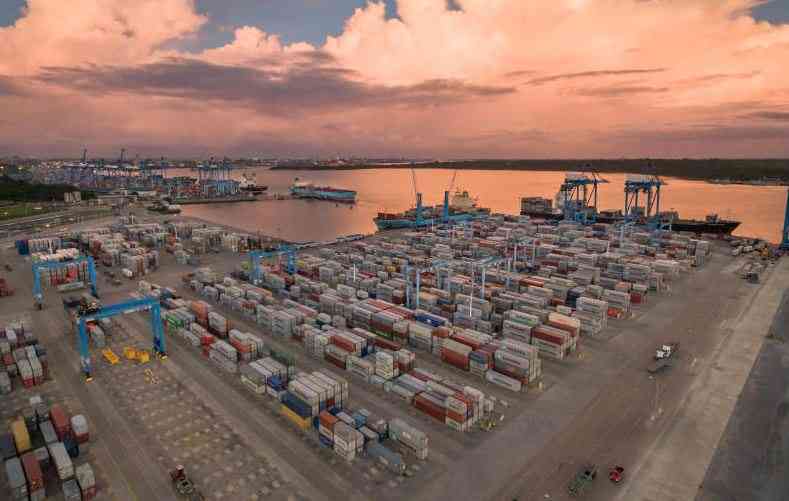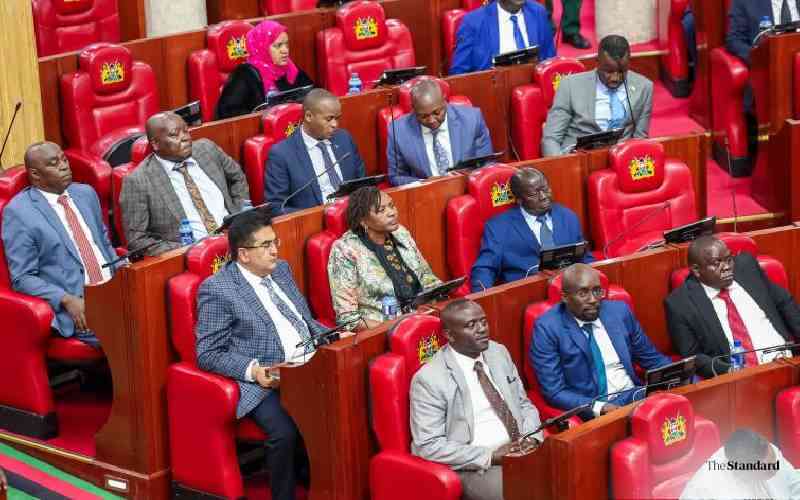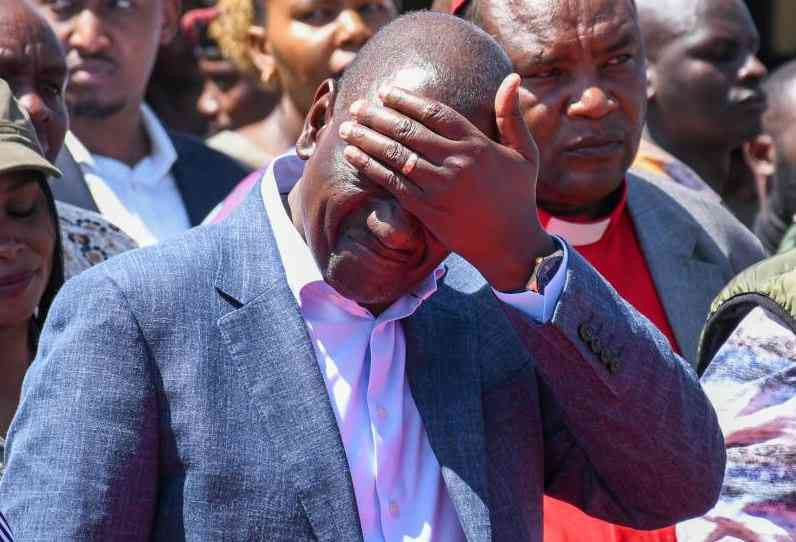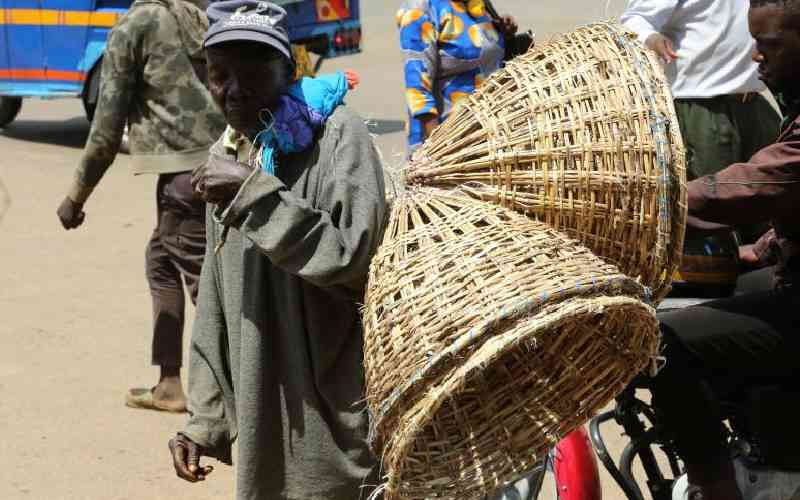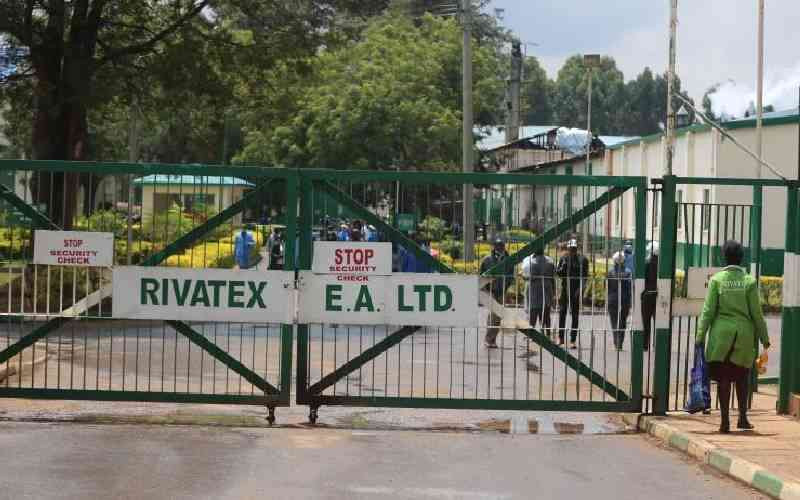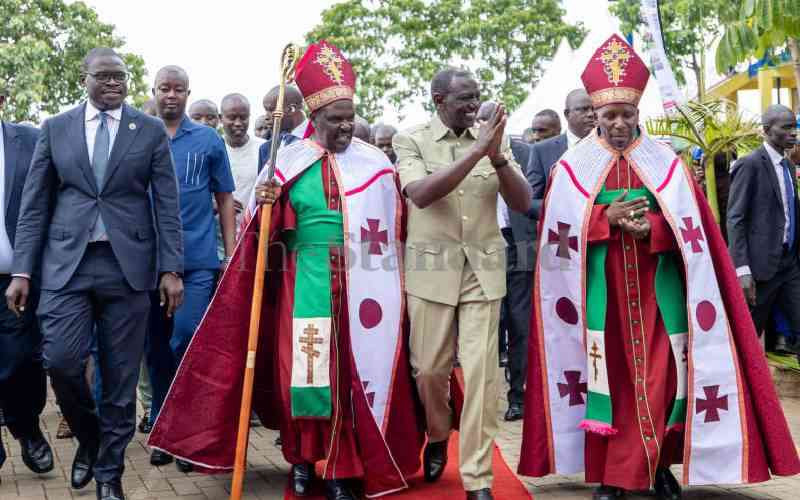
Being a Sunday, I shall touch on something religious. I was driving from Nakuru to Ol Kalou – 30km at most - and as a passenger, I decided to count the number of churches along the way.
That stretch had 26 church billboards. The ones I managed to count. That’s a lot of churches. At the same time, I counted four schools. And not a single public hospital. Not anywhere on the road.
There were Catholic, Presbyterian, Pentecostal churches playing a divine role taking care of souls and brethren of this generally poor neighbourhood. But I thought to myself; shouldn’t we have a few more schools and hospitals? Are they not more important in life here on earth than people’s soul?
The churches, if you ask me, play a larger-than-life role in our life. They decide our leaders. They decide how we live. In some cases (read Shakahola), they even make life and death (mostly the latter) decisions.
The church has become a favoured platform for political figures—not only in Kenya, but across the world. What was once a sacred space for spiritual nourishment has gradually morphed into a political stage, where sermons double as campaign rallies and altars are used to peddle influence.
This shift, while not entirely new, has intensified in scale and visibility, especially in Kenya where some so-called apostles have become more known for their doomsday declarations than for genuine spiritual leadership. One major reason for this political gravitation toward the church is its vast, ready-made audience.
Churches command large weekly congregations that politicians find irresistible. These congregants are not just listeners — they are voters. A Sunday church visit allows politicians to reach thousands directly, bypassing the traditional media and engaging with citizens in a setting often more trusting and emotionally charged.
Politicians understand that if they can win over a pastor or a bishop, they access an entire network of influence. Today’s political campaigns are less about manifestos and more about perception, presence and endorsements. Churches offer a good blend of spectacle and credibility. When a politician is prayed for on the pulpit or “anointed” by a clergy, it creates a powerful image that can sway public opinion, especially in our society where spiritual authority is respected. We remember certain Kenyan leaders kneeling at the altar crying their hearts out playing with emotions of voters. They deserve a medal.
Here, however, the situation is compounded by a new breed of self-proclaimed apostles and prophets who thrive on fear and sensationalism. Many have shifted from traditional gospel teachings to prophecy-driven messages centred around doom, national crises, and political upheaval. These so-called apostles often “prophesy” violence, economic collapse, or divine punishment if certain political directions are not taken—messages that conveniently align with the interests of their political patrons.
What’s more troubling is that many of these leaders have little theological grounding or accountability. They operate in a loosely regulated religious environment, capitalising on the desperation and spiritual hunger of a population grappling with unemployment, insecurity, and economic instability. In this vacuum of hope, fear becomes currency—and politicians are willing buyers.
This unholy alliance between pulpit and politics is not without consequences. First, it undermines the moral authority of the church. When religious leaders are seen openly endorsing politicians—some with questionable track records — their credibility erodes. Faith becomes transactional, and churches risk being perceived as tools for political manipulation rather than sanctuaries of moral guidance.
Churches stifle dissent. Period. When spiritual leaders align with those in power, they are less likely to speak truth to power. Instead of being voices of justice and accountability, many churches become echo chambers for state propaganda. This is dangerous in any democratic society, as it weakens civil society and narrows honest public discourse.
The church’s role should be sacred and impartial. Only then can the church reclaim its rightful place—not as a campaign stop, but as a cornerstone of justice and hope.
-The writer is a communications consultant
Stay informed. Subscribe to our newsletter
